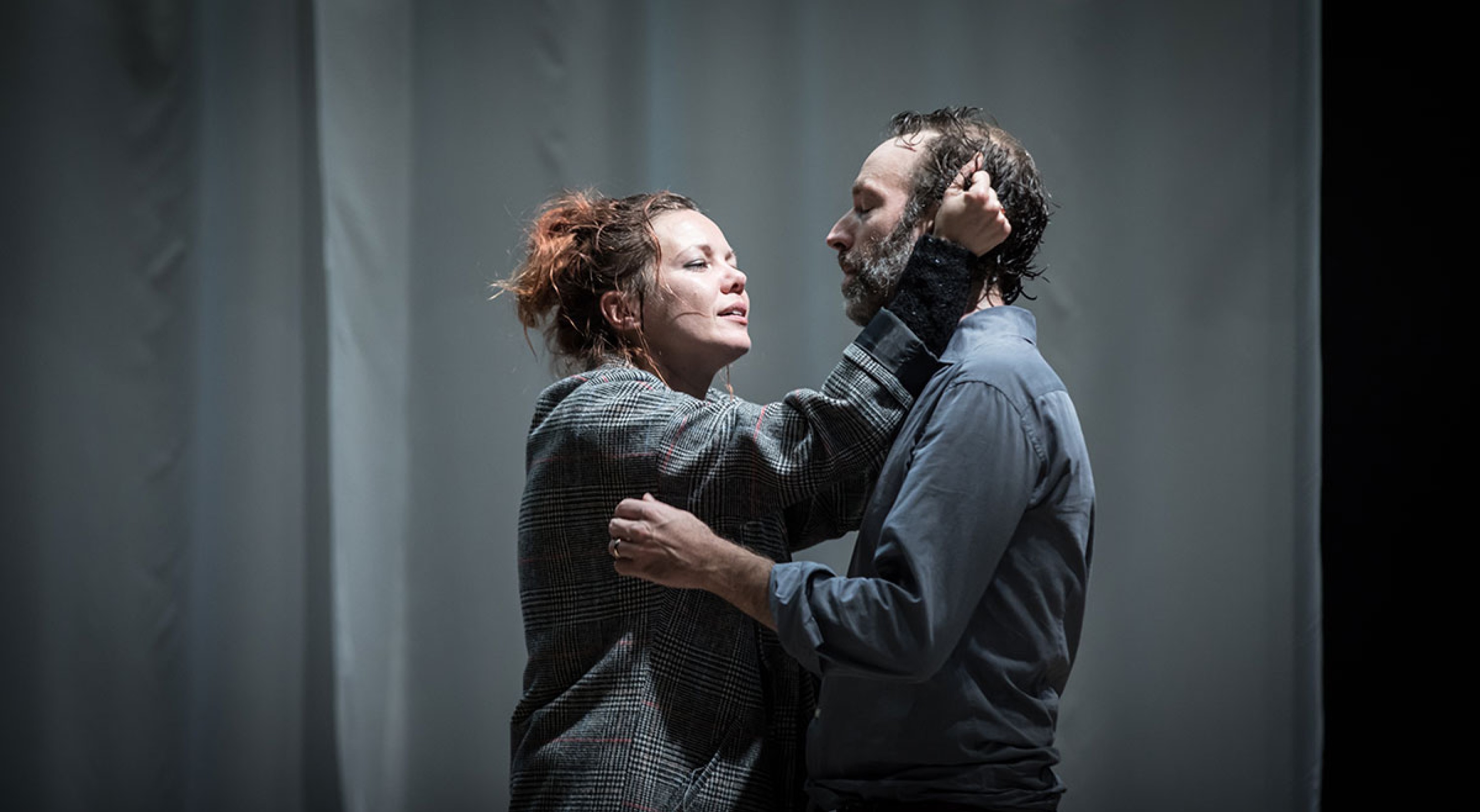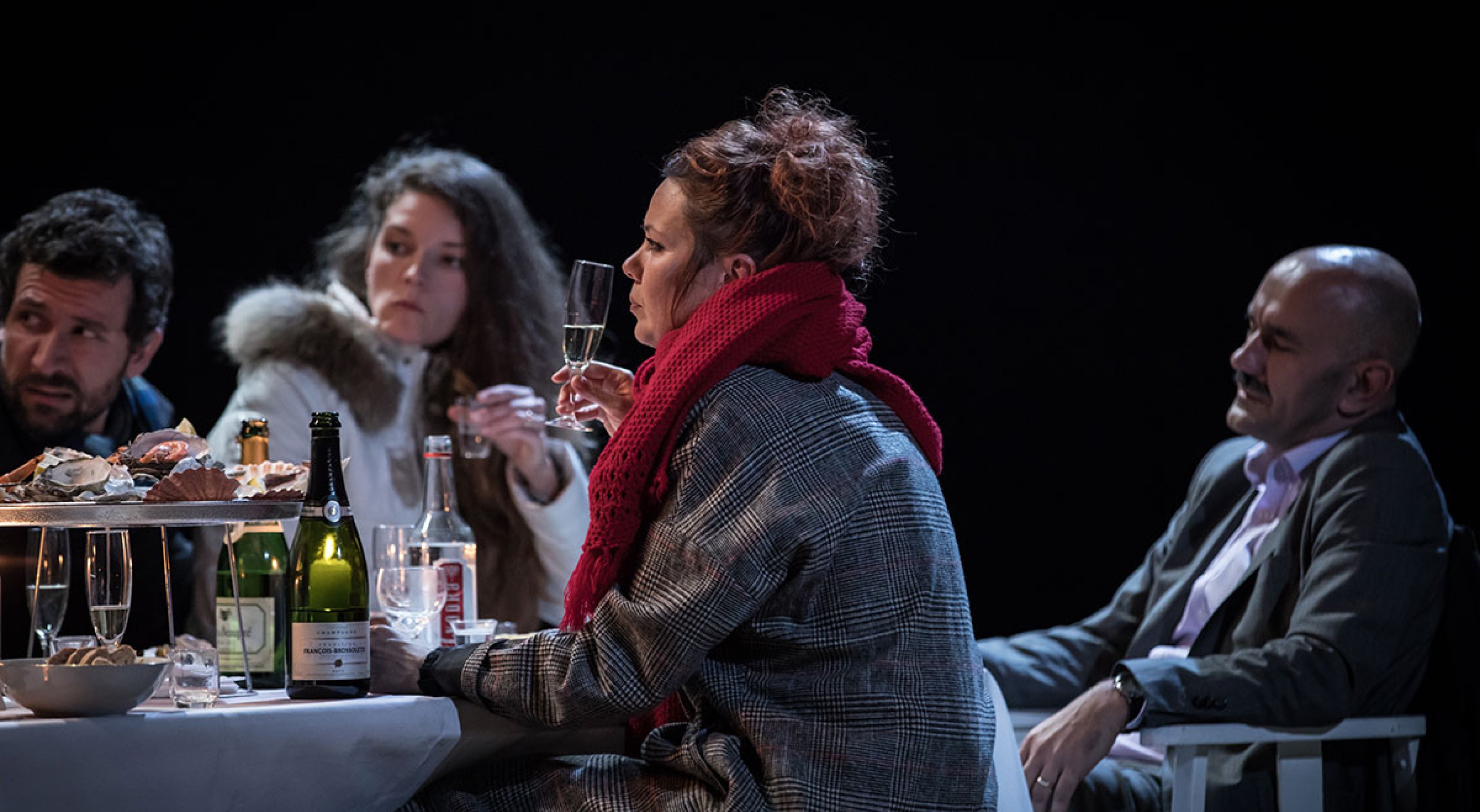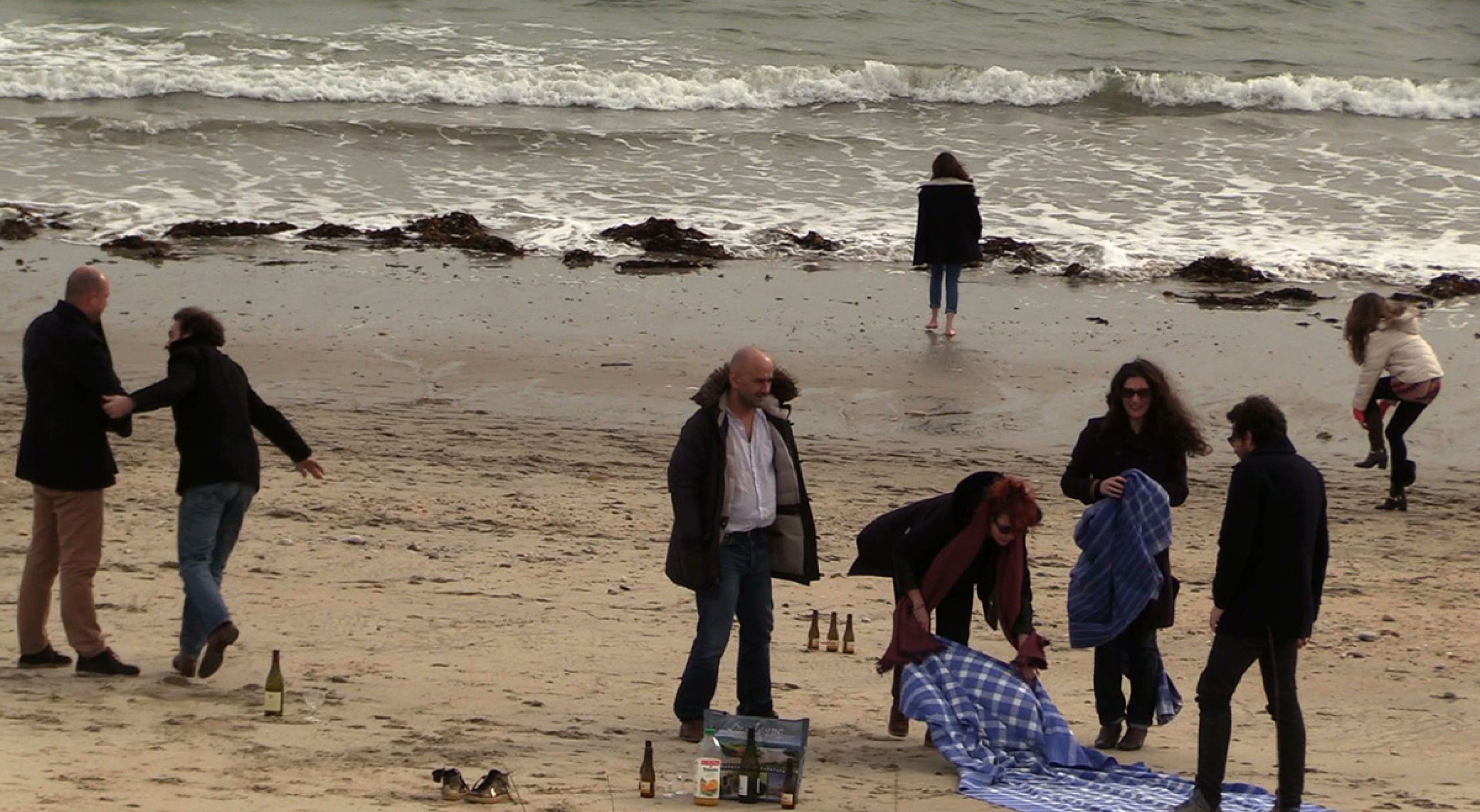Julie Deliquet Collectif In Vitro
Mélancolie(s)
novembernov 25
novembernov 29 - january – jan 29
Devised and adapted collectively, from Three Sisters and Ivanov by Anton Chekhov
Directed by Julie Deliquet
Avec Julie André, Gwendal Anglade, Éric Charon, Aleksandra De Cizancourt, Olivier Faliez, Magaly Godenaire, Agnès Ramy, and David Seigneur
Artistic collaboration, Pascale Fournier
Set design, Julie Deliquet, Pascale Fournier and Laura Sueur
Lighting, Jean-Pierre Michel and Laura Sueur
Costumes, Julie Scolbetzine
Music, Mathieu Boccaren
Film, Pascale Fournier
Stage management, Laura Sueur
Administration, production, and distribution, Cécile Jeanson (Bureau Formart)
Production attaché, Marion Krähenbühl (Bureau Formart)
A production by Collectif In Vitro // Co-produced by Théâtre de Lorient – centre dramatique national ; Comédie de Saint-Étienne, centre dramatique national ; Théâtre Le Rayon Vert, scène conventionnée (Saint Valery en Caux) ; Théâtre Romain Rolland (Villejuif) ; Théâtre de la Bastille (Paris) ; and Festival d’Automne à Paris // In association with Théâtre de la Bastille (Paris) ; and Festival d’Automne à Paris // In collaboration with Bureau Formart // Artists residency at Théâtre Gérard Philipe, centre dramatique national de Saint-Denis, La Ferme du Buisson, Scène nationale de Marne-la-Vallée // In partnership with France Culture // First performed on the 17th October 2017 at Théâtre de Lorient – centre dramatique national
Mélancolie(s) brings to the stage the disappearance of a world and its illusions. It is deeply rooted in the fragile and unpredictable rhythms of real life itself. In the company of Anton Chekhov, this piece continues the exploration of inter-generational heritage that Julie Deliquet set in motion with her jubilatory trilogy Des années 70 à nos jours.
In their last show, entitled Catherine et Christian, Julie Deliquet and the In Vitro collective buried their parents, along with a whole generation - and the ideals of the past. The time is now one year later. Sacha, one of the female siblings, is celebrating her birthday in the family home. The grieving is now over, and a new life is just beginning, perhaps. This is also the start of Chekhov’s Three Sisters, the shadow of which hangs over Mélancolie(s). In addiction to Ivanov, Julie Deliquet has chosen the Three Sisters to be a common thread running throughout the piece. Thus, the dreams of the latter collide with the violence of the former. Little by little, each character falls victim to their own self-enlightenment, doubling their solitude. These Chekhovian figures echo our own unease. The carefree ways of the generation above us have given way to anxiety - that of not being able to act upon the fast-changing world about us - and melancholy, brought about by our disenchantment with the world at large. As is always the case with the In Vitro collective, life and theatre blend into one, as do the improvised and rehearsed scenes, drawing audiences closer and closer. So, even if time goes on, chasing away our dreams, and melancholia erodes our illusions, theatre will always be there - brining us together and capturing, with ever more clarity and astuteness, the rhythm of life, its blunders and its beauty.
In the same place



